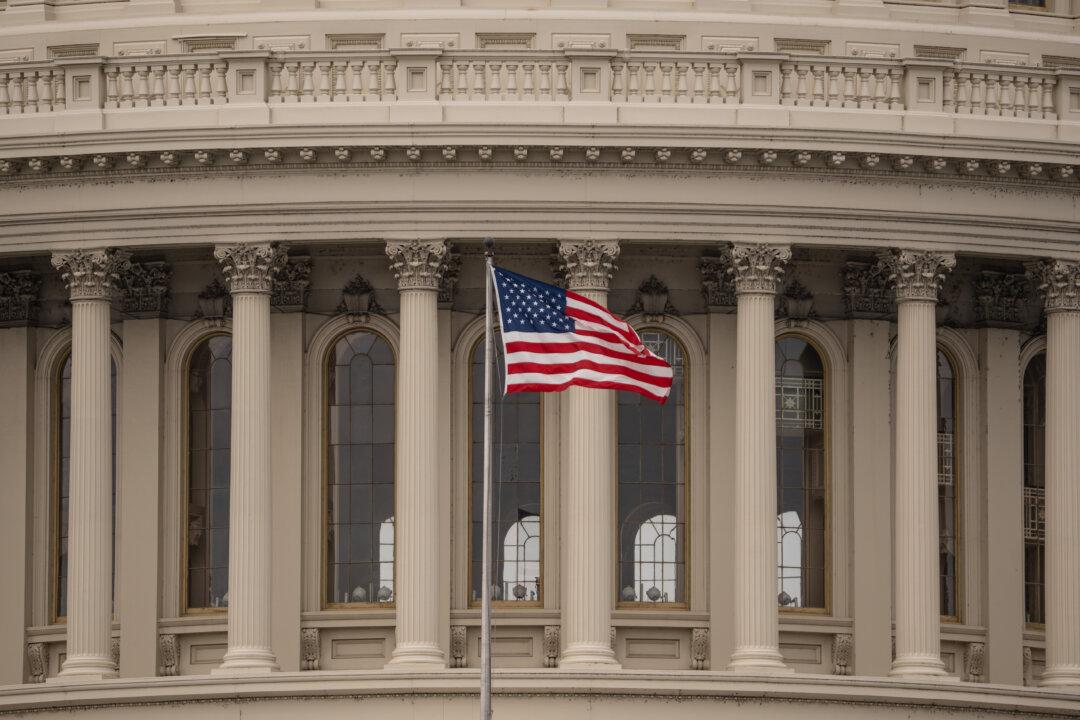A bill that would limit district court judges’ ability to block President Donald Trump’s policies nationwide cleared the House on April 9.
The legislation, dubbed the No Rogue Rulings Act (NORRA), would narrow the scope of preliminary relief that district court judges can grant to apply solely to the parties in the lawsuit.





